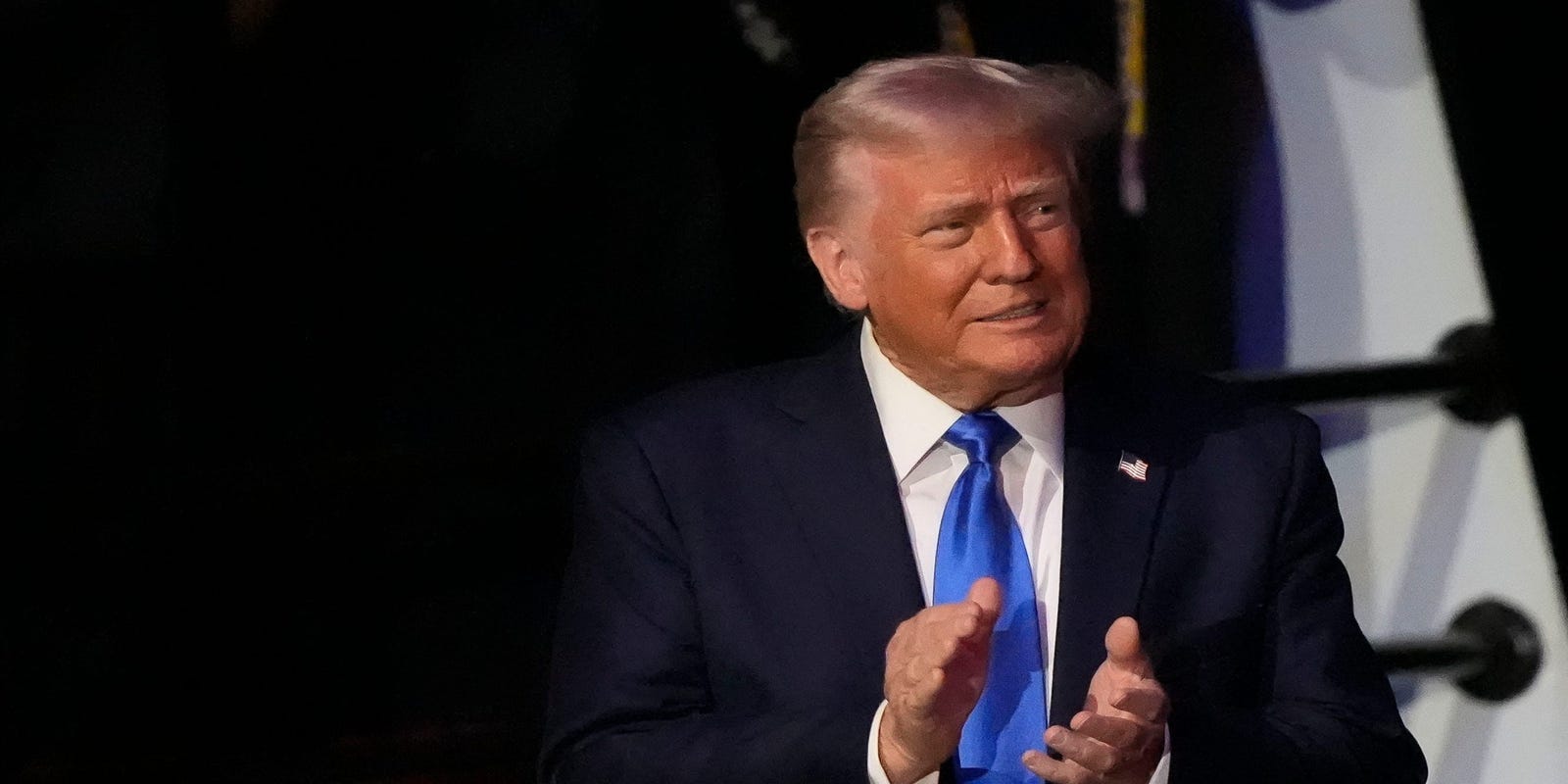Trump Fires Back: Democrats' Impeachment Push Sparks Heated Confrontation

In a bold and controversial statement, former President Donald Trump challenged Republican lawmakers to take drastic action against Democrats pursuing impeachment efforts. Speaking out forcefully, Trump suggested that GOP members of Congress should seriously consider expelling Democratic representatives who are supporting impeachment proceedings.
The provocative remarks underscore the ongoing political tension and Trump's continued resistance to potential legal challenges. By calling for the potential removal of Democratic lawmakers, Trump is escalating the political rhetoric and signaling his unwillingness to back down from the confrontational stance that has defined much of his political career.
This latest statement reflects Trump's characteristic approach of pushing back aggressively against his political opponents and challenging the traditional boundaries of political discourse. Republicans in Congress now face the question of whether they will heed Trump's inflammatory suggestion or maintain a more measured approach to the ongoing political disputes.
